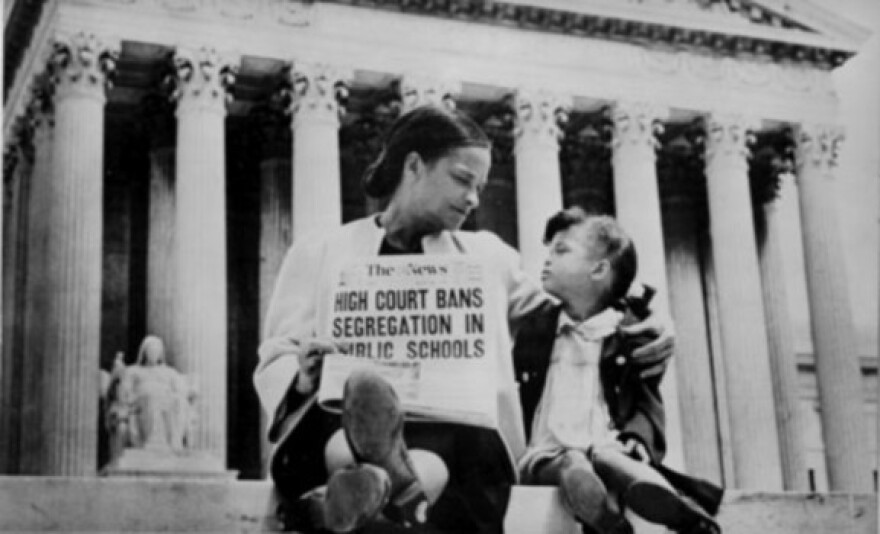The death of Supreme Court Justice Antonin Scalia and the Senate Judiciary committee’s refusal to consider an appointment by President Obama to replace him is provoking ongoing debate.
The late Professor John Stanga was a political science colleague of mine and an expert on constitutional law and the Supreme Court. Stanga said that the Constitution is what the United States Supreme Court says it is. Does the Supreme Court legislate? The late Justice Scalia said that it does, and many citizens think so, too.
On two occasions, I was present for questions and answers with a Supreme Court justice. One was with William O. Douglas, appointed by President Franklin Roosevelt, and the other with Tom Clark, appointed by President Harry Truman. I asked each of them if the Supreme Court paid attention to the political environment in deciding cases. Justice Douglas denied that it does and said that a justice who was concerned about public opinion in making decisions should leave the court. Justice Tom Clark’s response: “Oh, boy, do we. Take the 1954 Brown versus the Board of Education of Topeka decision on desegregation of schools. The Court knew long in advance what it was going to do, but the political climate was not right yet.”
Without question, an appointment to the Supreme Court is now a major political decision that can affect public policy for many years.






